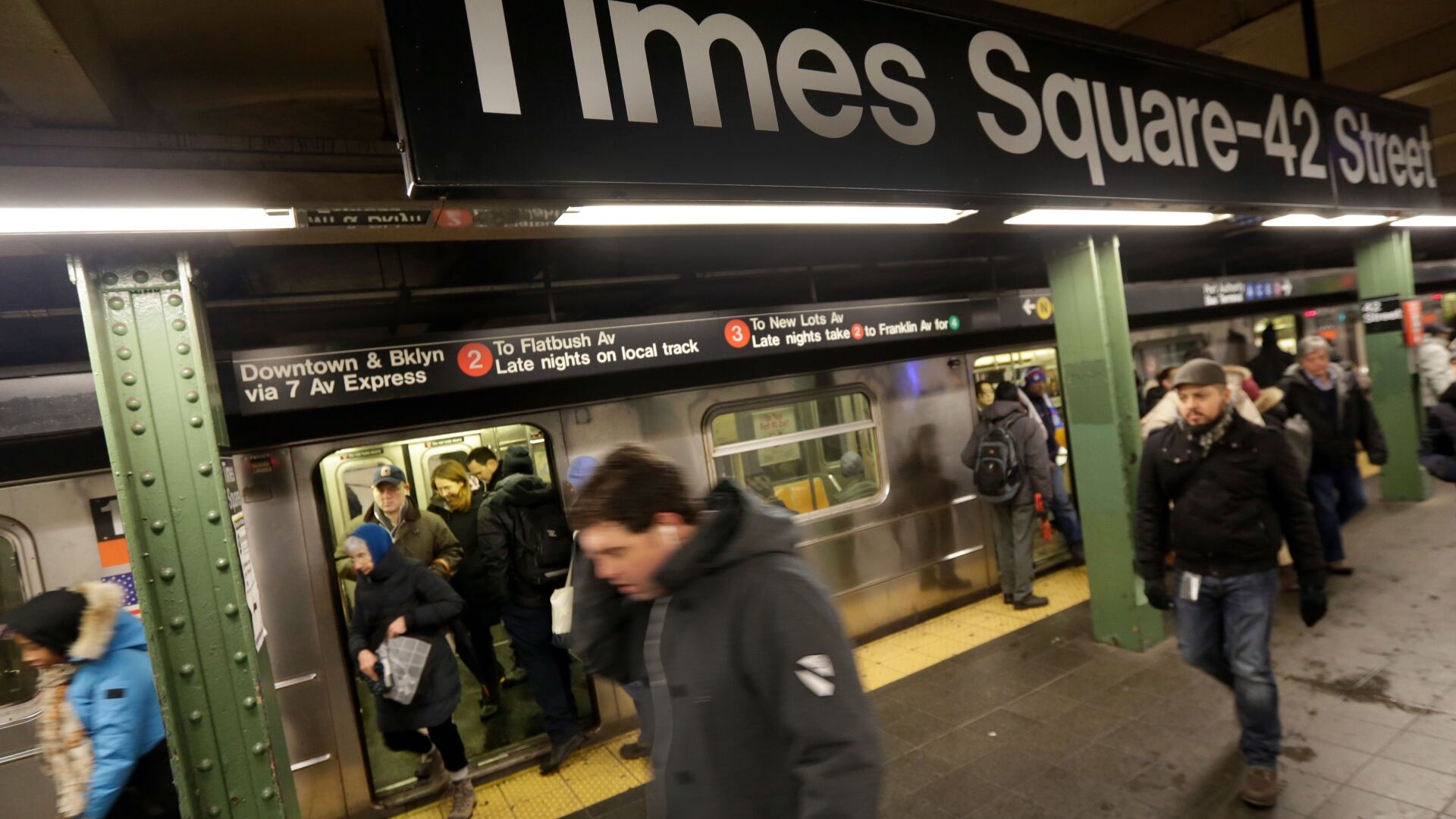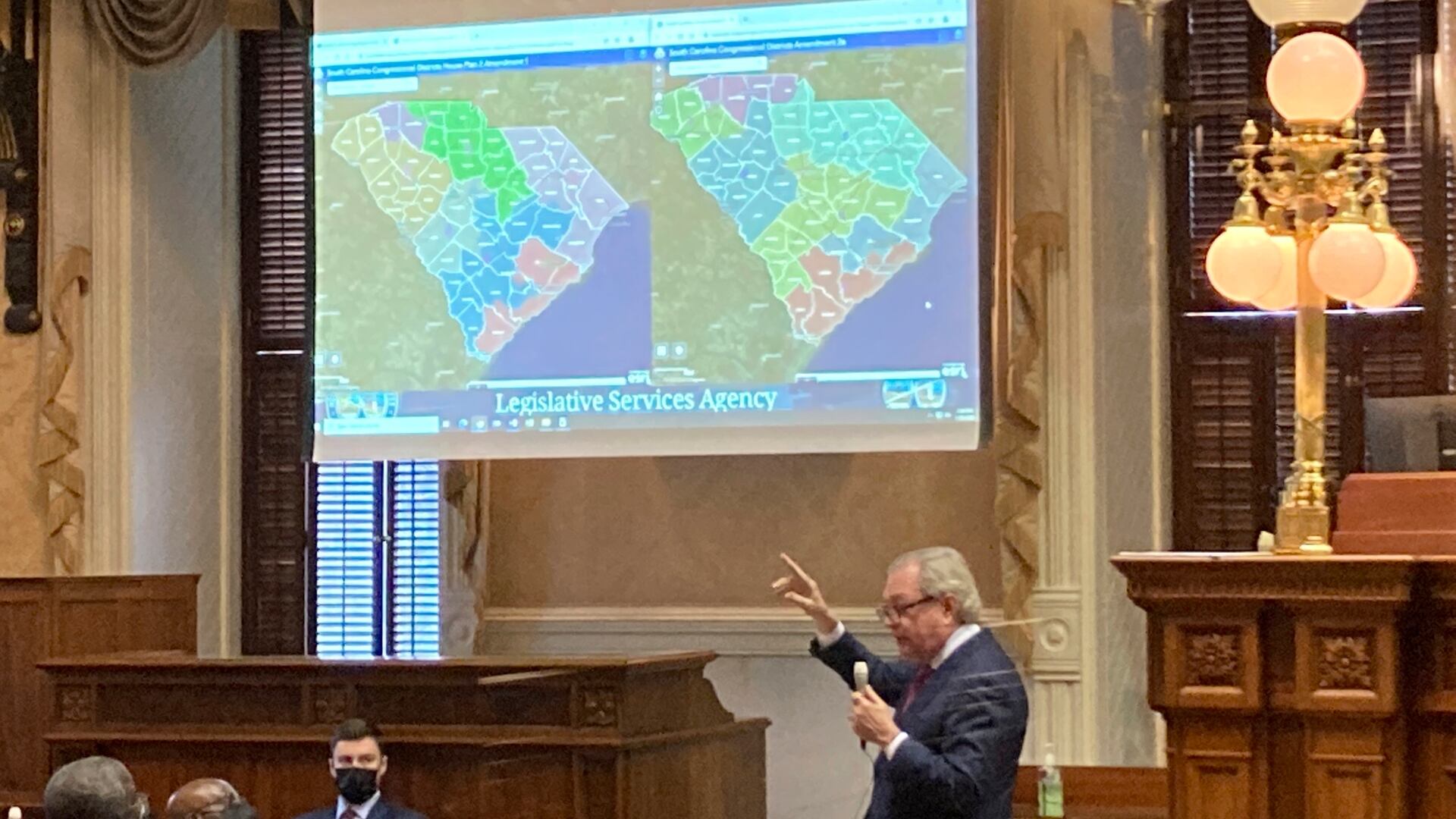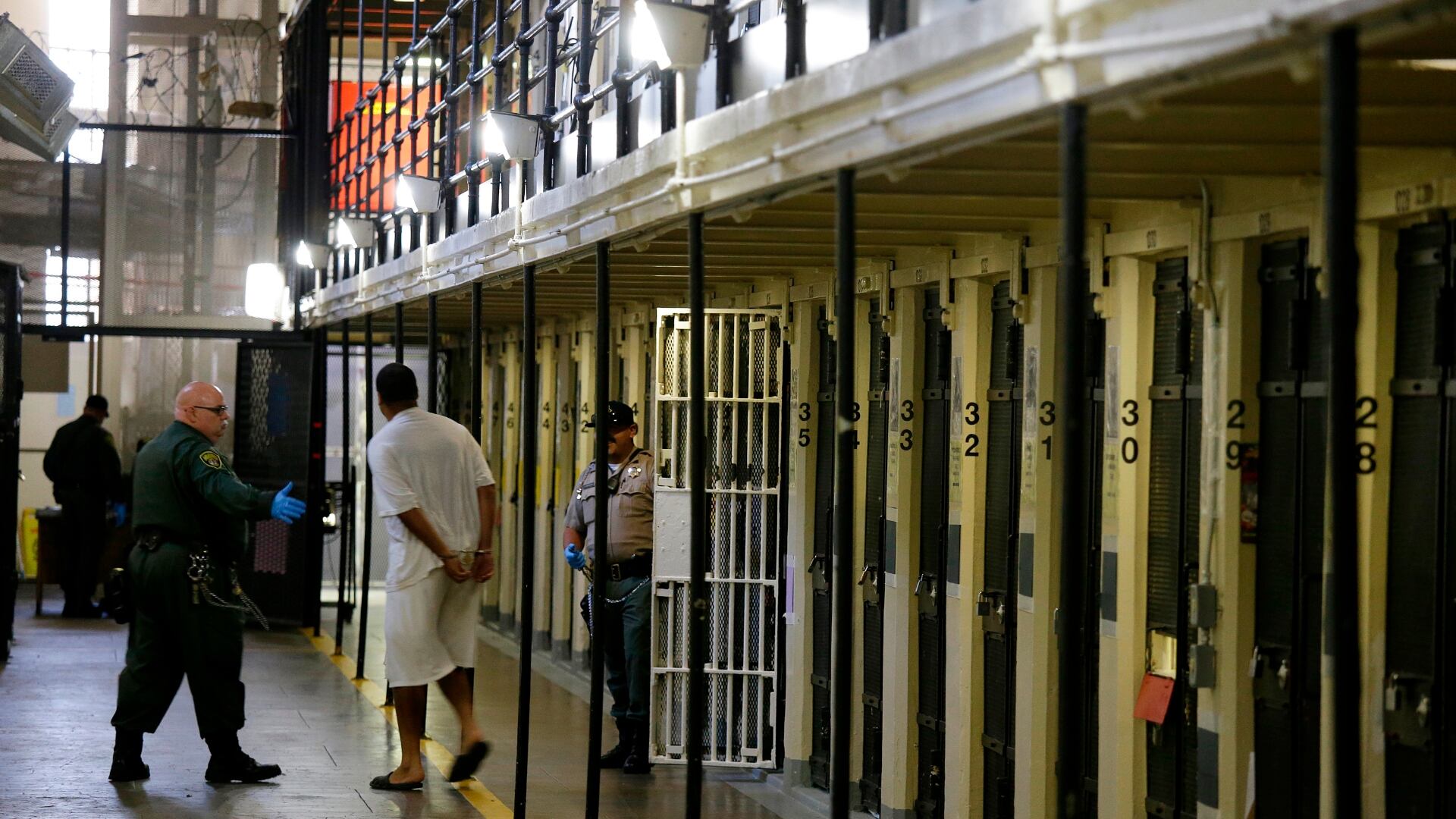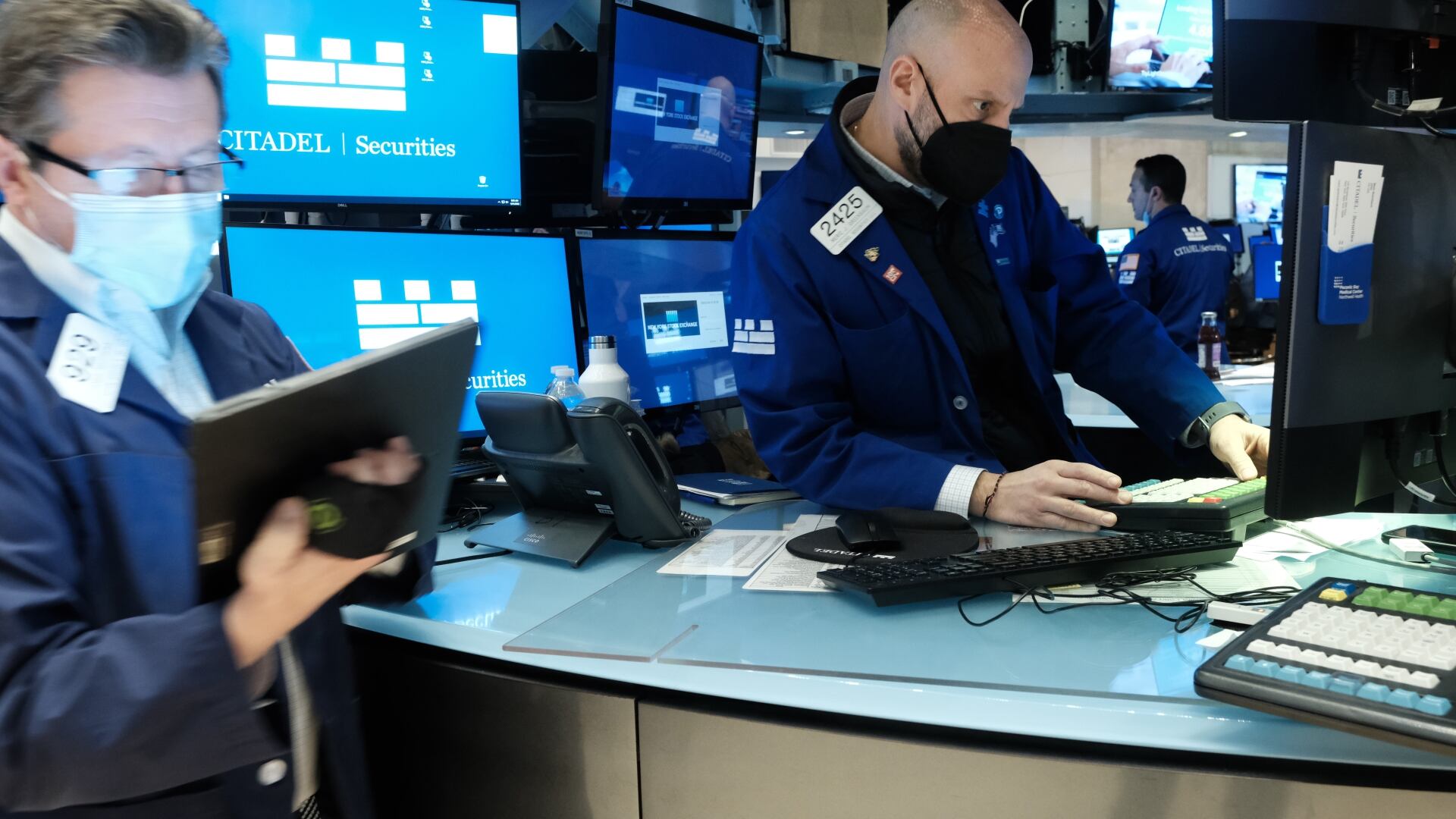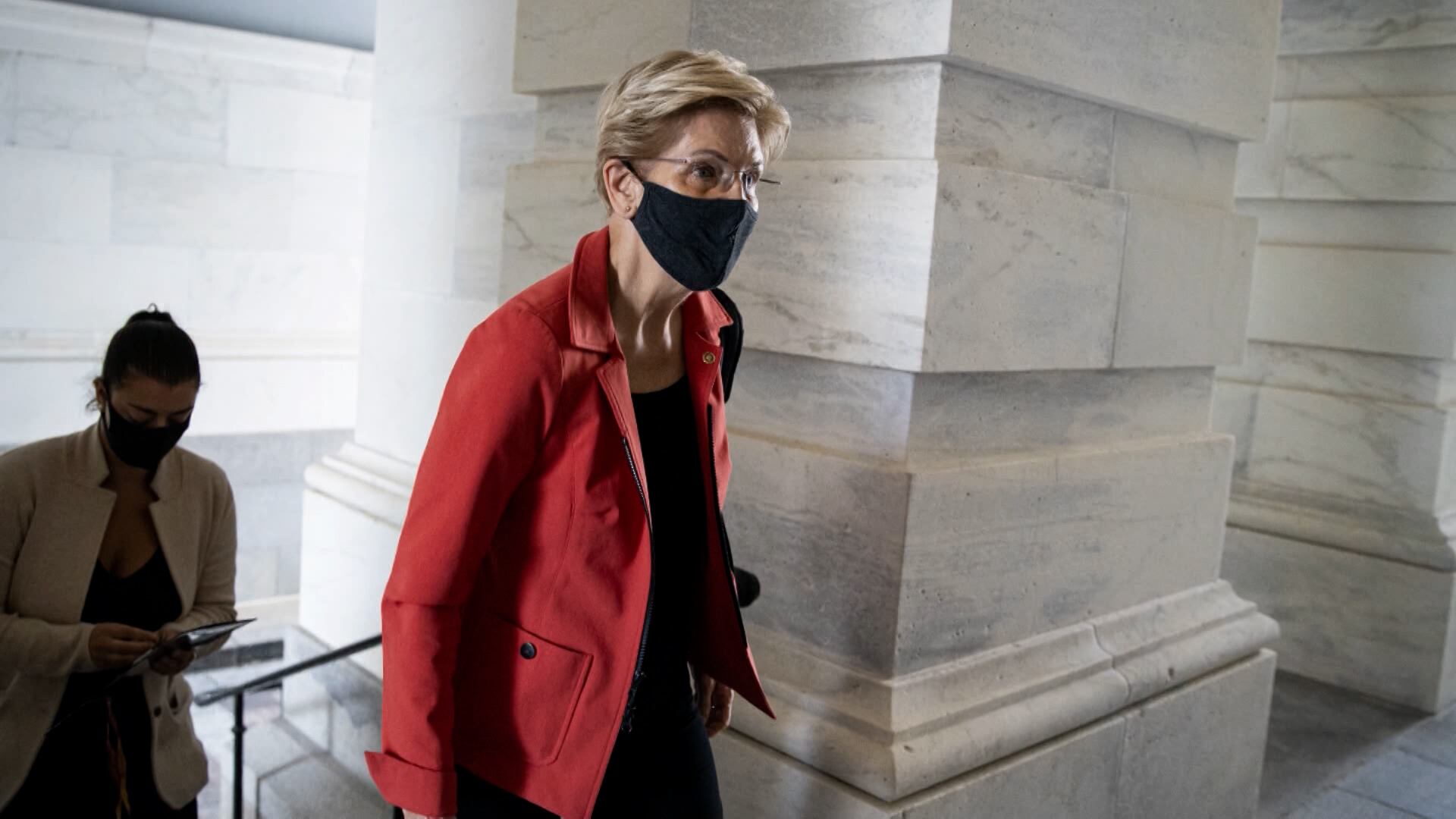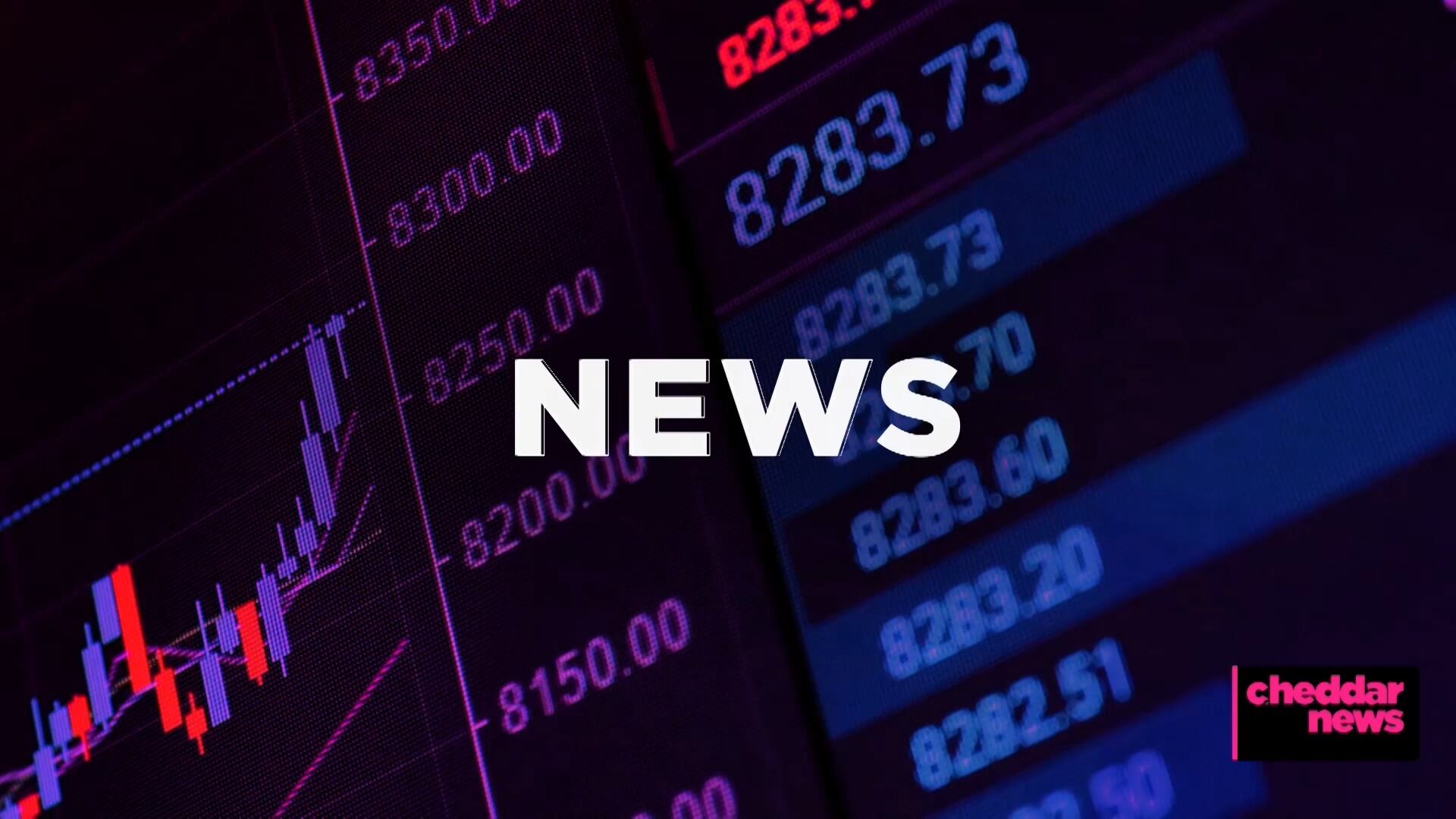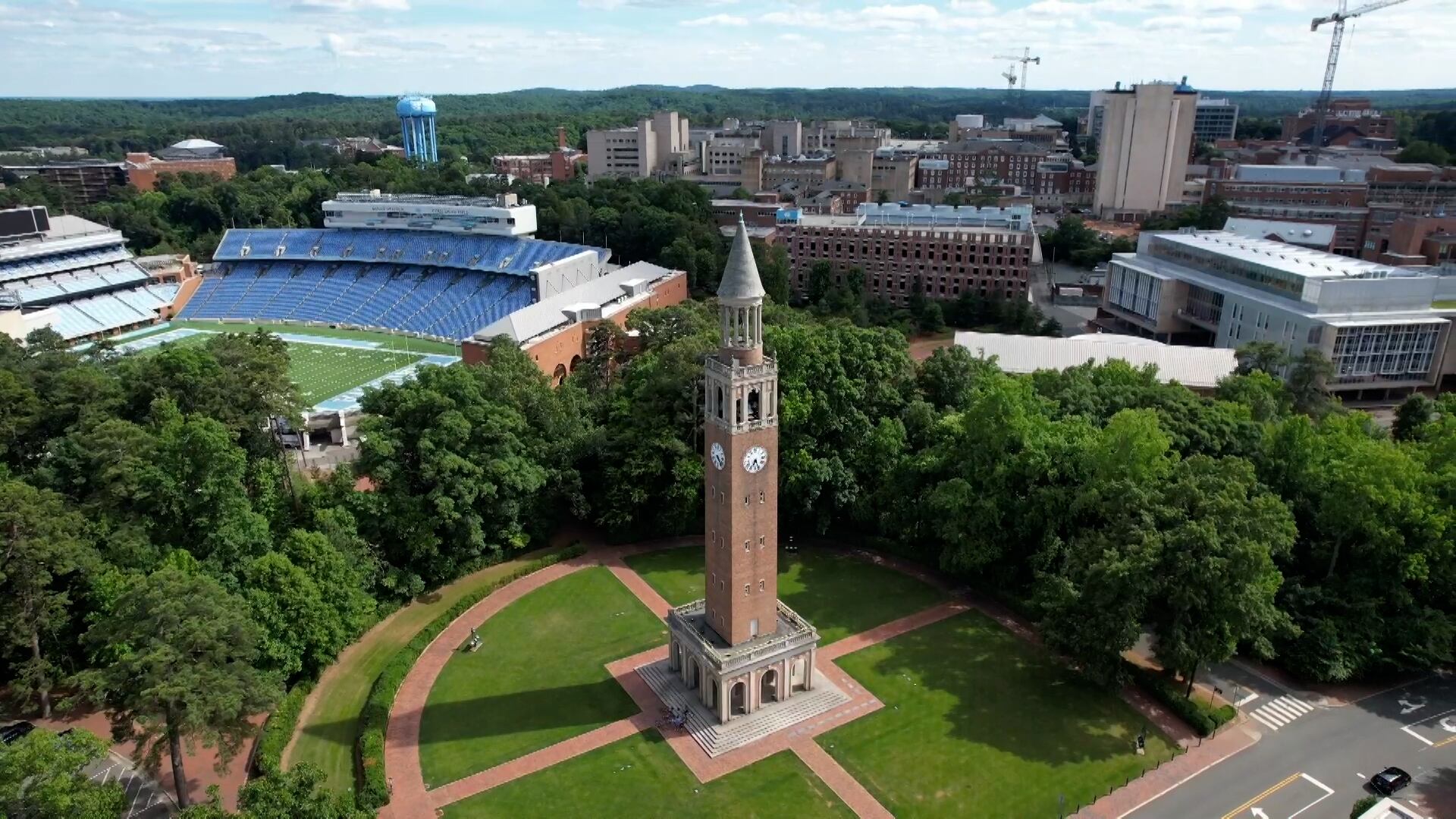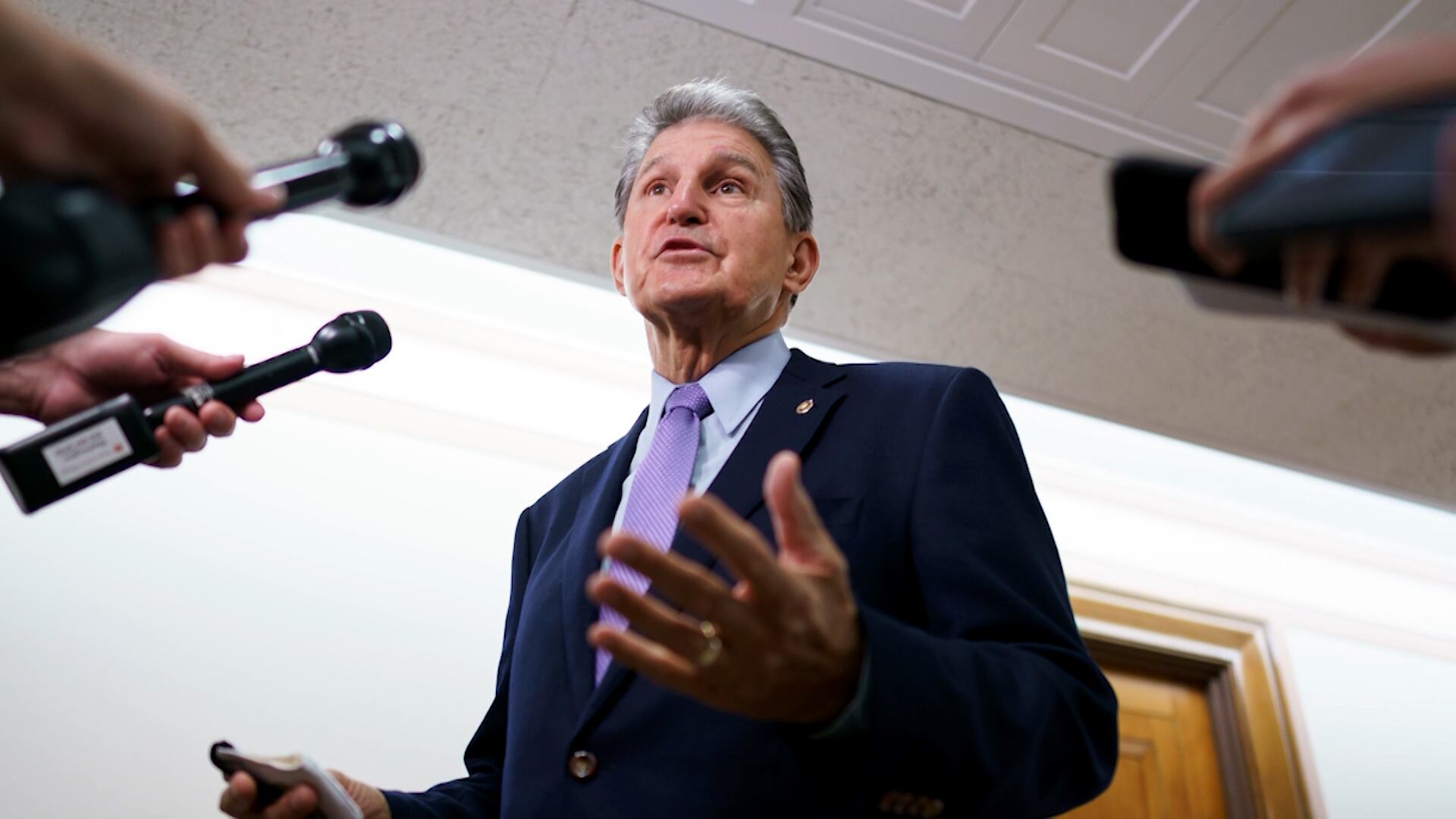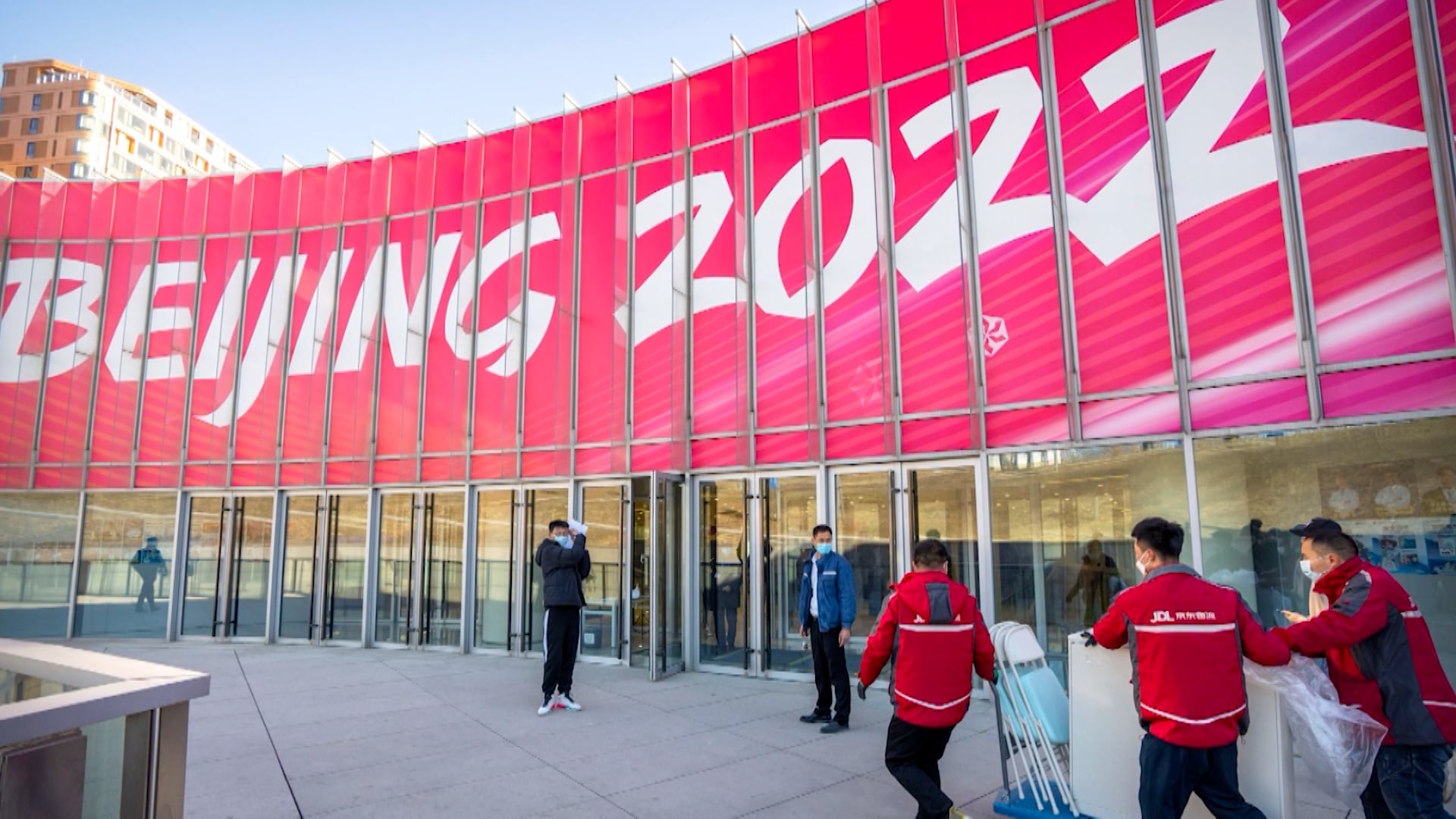By Lisa Mascaro and Alan Fram
President Joe Biden has all but acknowledged negotiations over his sweeping domestic policy package will likely push into the new year, as he does not yet have the votes in the Senate to lift the roughly $2 trillion bill to passage.
Biden issued a statement Thursday evening as it became increasingly apparent the Democratic senators would not meet their Christmas deadline, in large part because of unyielding opposition from one holdout: Sen. Joe Manchin.
The president said that in their recent discussions, the West Virginia senator has reiterated his support for the framework he, the president and other Democrats had agreed to on the flagship bill. Biden said he also briefed House Speaker Nancy Pelosi and Senate Majority Leader Chuck Schumer earlier Thursday about the most recent round of talks with Manchin.
“I believe that we will bridge our differences and advance the Build Back Better plan, even in the face of fierce Republican opposition,” Biden said in the statement.
Biden said he and his team will continue to have discussions with Manchin next week. The White House and the congressional leaders plan to work “over the days and weeks ahead” to finish up the details, he said. Both he and Schumer are determined, he said, to bring the package to the Senate floor for votes as early as possible.
"We will — we must — get Build Back Better passed," Biden said.
Biden's statement was a much-needed intervention, allowing Senate Democrats an off-ramp to what has been months of tangled negotiations that appear nowhere near resolved as time runs out ahead of the Christmas holiday.
At the same time, Democrats were rushing to show progress on another jammed-up priority: voting rights legislation that, Biden acknowledged, also faces hurdles. “We must also press forward on voting rights legislation, and make progress on this as quickly as possible,” Biden said.
Schumer, D-N.Y., had set Senate passage before Christmas as his goal, but disputes with Manchin and other Democrats remain. It had become clear that the party was seeking an explicit move from Biden in hopes he would cut a deal with Manchin, or urge lawmakers to delay action until January.
The sudden end-of-year shift comes as Democrats suffered another blow to their agenda late Thursday when the Senate parliamentarian decided that hard-fought efforts to include immigration law changes should be stripped from the package because they don’t comply with the chamber’s rules.
White House press secretary Jen Psaki said Friday that Biden, the administration and its partners in Congress “vehemently disagree” with the parliamentarian's ruling. Psaki said they would support efforts to move the immigration changes forward short of changing Senate parliamentarian rules.
The ruling is one part of an ongoing, time-consuming review by Senate parliamentarian Elizabeth MacDonough about whether many of the bill’s provisions violate the chamber’s rules and should be dropped.
As the day’s business began, Schumer barely mentioned what was becoming an obvious stall. Instead, he described Democrats’ efforts to break a logjam on voting rights legislation and a pile of nominations the Senate will consider “as we continue working to bring the Senate to a position where we can move forward” on the social and environment bill.
Using his sway in a 50-50 Senate where Democrats need unanimity to prevail, Manchin has continued his drive to force his party to cut the bill's cost and eliminate programs he opposes. All Republicans oppose the package, arguing the measure carrying many of Biden’s paramount domestic priorities is too expensive and would worsen inflation.
“The best Christmas gift Washington could give working families would be putting this bad bill on ice," said Senate Minority Leader Mitch McConnell, R-Ky.
McConnell and Manchin met in the GOP leader's office, as they often do, a very public reminder of the West Virginia senator's conservative leanings and Democrats' slim hold on the majority. “We do appreciate the fact that he seems to be one of the few remaining centrists left in the Democratic Party,” McConnell said.
A person who was unauthorized to discuss the rocky status of the Biden-Manchin talks and spoke only on condition of anonymity said Wednesday that Manchin was pushing to eliminate the bill's renewal of expanded benefits under the child tax credit, a keystone of Democratic efforts to reduce child poverty.
As he exited a Democratic senators' closed-door lunch, Manchin was mum on his next move, telling reporters he had “nothing” to share.
Earlier Wednesday, Manchin said assertions he wants to strip the child tax credit improvements were “a lot of bad rumors.”
Democrats were livid over the possibility of eliminating one of the bill’s most significant achievements — the continuation of enhanced child tax credits that have been sending monthly checks to millions of families during the COVID-19 crisis and will expire next year without further action. If the bill were to clear the Senate in January, Psaki said Friday that the White House has had some conversations with the Treasury Department about issuing double child tax credit payments in February “as an option.”
Letting the social and environment legislation slip into next year, when congressional elections will be held, would be ominous for the bill's ultimate prospects.
With Democrats having blown past previous self-imposed deadlines on the push, another delay would fuel Republican accusations that they are incompetently running a government they control. Democrats are bracing for November elections when the GOP has a real chance of winning control of the House and Senate.
Word of Manchin's stance prompted a backlash from colleagues, whom he's frustrated for months with constant demands to cut the bill's size and scope. The measure also has money for health care, universal prekindergarten and climate change programs, largely paid for with tax boosts on big corporations and the rich.
The second-ranking Democrat, Sen. Dick Durbin of Illinois, said “the level of emotion” among Democrats over the child tax credit “is very high,” and said he was “stunned” when he heard about Manchin's demands.
Manchin has wanted the overall bill's 10-year price tag to fall below $2 trillion. He also wants all its programs to last the full decade.
The current bill would extend the enhanced child tax credit for just one year, a device to contain the bill's cost. Renewing the improved benefits for 10 years would increase its current one-year cost of around $100 billion to over $1 trillion, and doing that while cutting the overall bill's size would wreak havoc on Democrats' other priorities.
The Treasury Department says the expanded tax credit has helped the families of 61 million children.
The House approved its version of the legislation in November.
___
Associated Press writers Colleen Long, Darlene Superville and Farnoush Amiri contributed to this report.
